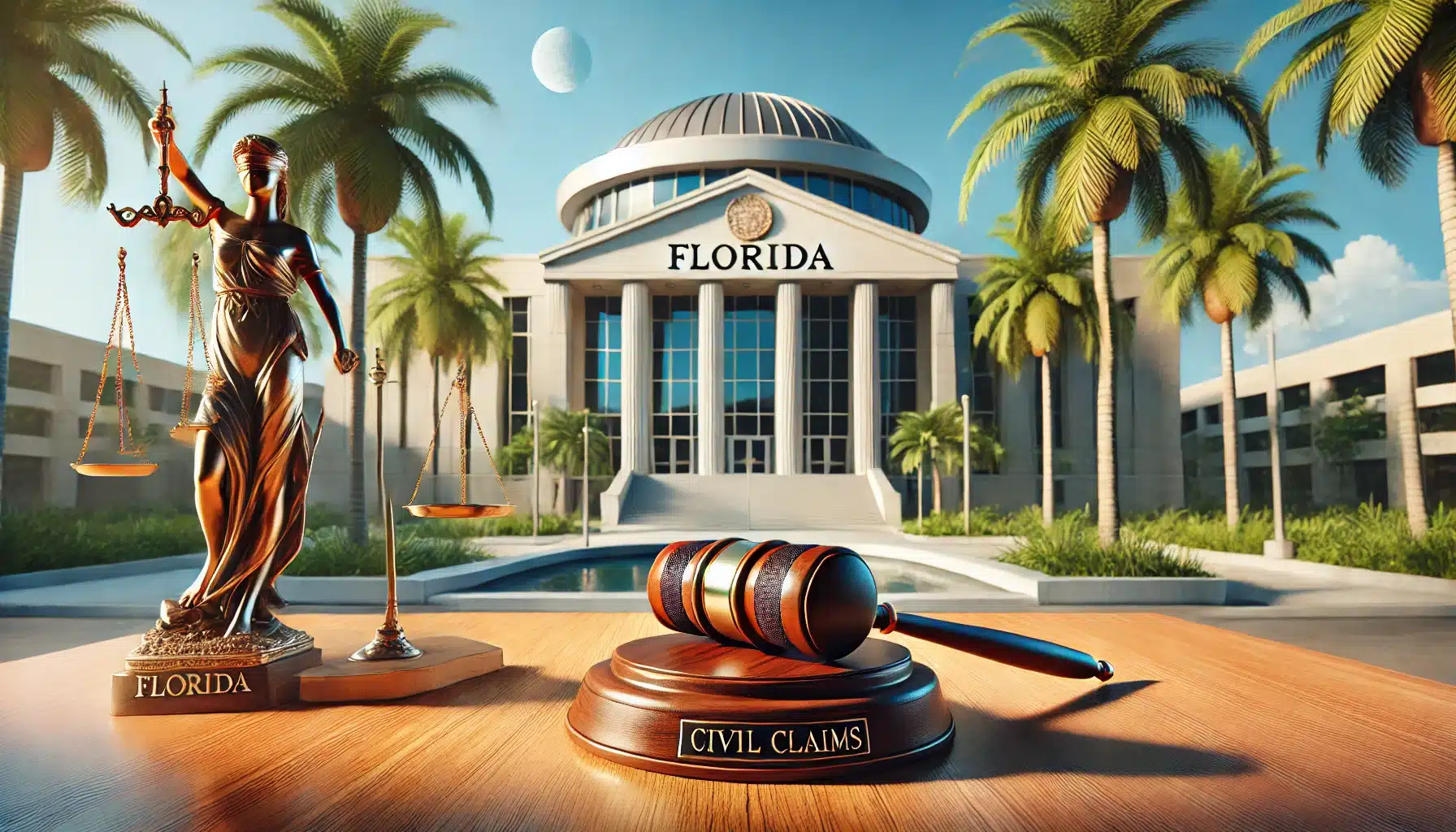How To Prove A Florida Unclean Hands Defense

In Florida, a defense of Unclean Hands is defined as:
Unclean Hands is a defense to a complaint, which states that a party who is asking for a judgment cannot have the help of the court if he/she has done something unethical in relation to the subject of the lawsuit.
It simply means:
A party cannot bring a lawsuit about something that they also played a part in.
There are 5 elements of the defense:
- Element 1. The claim is equitable in nature. That is, the cause of action seeks a remedy based on principles of fairness, justice, and equity, rather than purely monetary damages. The claim focuses on achieving a fair and just outcome, aiming for a solution that addresses the situation’s moral aspects rather than just seeking financial compensation.
Facts that might support this element look like:
* The plaintiff seeks an injunction to prevent the defendant from continuing actions that allegedly harm the community, emphasizing the need for equitable relief rather than monetary compensation.
* The plaintiff’s request for specific performance highlights the desire for fairness in fulfilling contractual obligations, rather than simply seeking damages for breach.
* The nature of the plaintiff’s claims revolves around restoring a balance of fairness, as they argue that the defendant’s actions have created an unjust situation.
* The plaintiff’s reliance on equitable doctrines, such as estoppel, indicates a focus on achieving a just outcome rather than merely recovering financial losses.
* The case involves a dispute over property rights where the plaintiff seeks equitable title, underscoring the importance of justice and fairness in the resolution. - Element 2. The plaintiff engaged in conduct which would be condemned by honest and reasonable people. The plaintiff acted in a way that most fair-minded people would find unacceptable or dishonest, which can weaken their case because it suggests they shouldn’t benefit from their own wrongful behavior.
Facts that might support this element look like:
* The plaintiff knowingly submitted false evidence to the court to support their claims.
* The plaintiff engaged in deceptive practices to gain an unfair advantage in negotiations.
* The plaintiff failed to disclose material information that would have affected the outcome of the case.
* The plaintiff has a history of filing frivolous lawsuits to harass defendants.
* The plaintiff intentionally misrepresented their financial situation to obtain a favorable settlement. - Element 3. The defendant relied on the conduct. The defendant argued that the plaintiff’s own wrongful actions or bad behavior in the situation should prevent them from winning the case, as it would be unfair for someone with “unclean hands” to seek help from the court.
Facts that might support this element look like:
* The defendant consistently followed the plaintiff’s established practices, believing them to be lawful and appropriate.
* The defendant invested significant resources based on the plaintiff’s representations about the legality of their actions.
* The defendant received verbal assurances from the plaintiff that their conduct was acceptable and compliant with regulations.
* The defendant documented instances where the plaintiff encouraged similar conduct among other parties.
* The defendant acted in good faith, relying on the plaintiff’s prior conduct as a standard for their own actions. - Element 4. The conduct was related to the litigation. The conduct in question must be directly connected to the legal dispute at hand, meaning that the wrongdoing or unfair behavior occurred during the process of the lawsuit, which can weaken a party’s case if they are trying to seek help from the court.
Facts that might support this element look like:
* The defendant’s actions occurred during the ongoing litigation process, directly impacting the case’s outcome.
* The plaintiff engaged in deceptive practices while presenting evidence, which were intended to mislead the court.
* The defendant’s conduct was a direct response to the plaintiff’s prior misconduct in the same litigation.
* The plaintiff’s claims were based on information that was intentionally withheld during discovery, affecting the litigation’s integrity.
* The parties were in active negotiations regarding settlement when the plaintiff initiated the alleged misconduct. - Element 5. The plaintiff’s inequitable conduct caused injury to the defendant. The defendant can argue that the plaintiff acted unfairly or dishonestly in their actions, which directly harmed the defendant, making it unfair for the plaintiff to seek help from the court in this situation.
Facts that might support this element look like:
* The plaintiff knowingly provided false information during negotiations, which misled the defendant and caused financial harm.
* The plaintiff failed to disclose a material conflict of interest that directly impacted the defendant’s decision-making process.
* The plaintiff engaged in deceptive practices that undermined the integrity of the contractual agreement, resulting in significant losses for the defendant.
* The plaintiff’s actions created an unfair advantage, leading to a detrimental outcome for the defendant in the marketplace.
* The plaintiff’s repeated violations of industry standards contributed to a loss of trust, adversely affecting the defendant’s business operations.
(See US Bank National Association v. Qadir, 342 So. 3d 855 – Fla: Dist. Court of Appeals, 1st Dist. 2022. McIntosh v. Hough, 601 So. 2d 1170, 1172-73 (Fla. 1992). Hensel v. Aurilio, 417 So.2d 1035, 1038 (Fla. 4th DCA 1982).)
If you’re in court without a lawyer and plan to assert a Defense of Unclean Hands, it’s essential to engage in a Personal Practice of Law. You’ll need to determine what to file at each phase of your case and prepare legal documents that are supported by thorough legal research and a strong analysis of the facts. This proactive approach will help you effectively present your Defense of Unclean Hands in court.
Prove Your FL Unclean Hands Defense
U.S. Civil Cases Only
